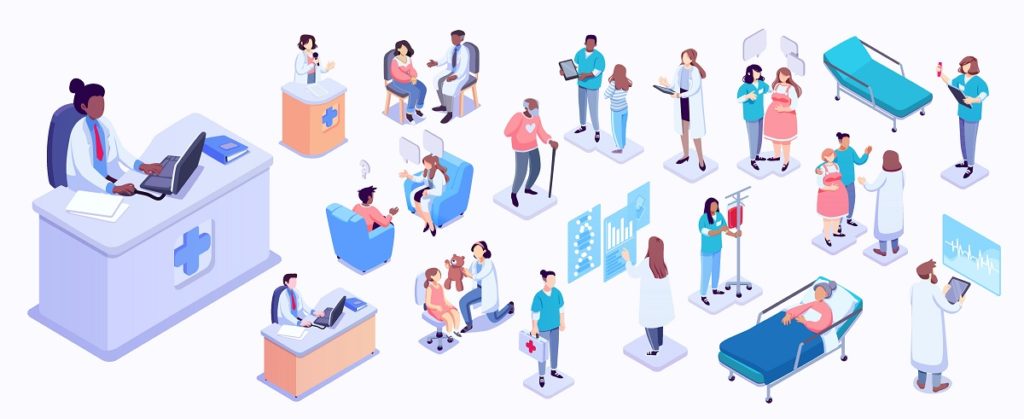Back to Basics
A large differentiating factor between healthcare and the majority of other field is how healthcare centers around relationships. It isn’t about or hitting a number, moving products or qualifying leads. The connection between the patient and the doctor is the focus of healthcare and no level technological adaptations could alter that. Like most other fields, technology can improve practical operations on the business side of things, but it will never have the capacity to speed up human interactions or replace the patient or the doctor.
Enhancing efficiency on the side of business within doctor-patient relationships means transferring responsibilities away from the doctor at discounted costs. This is beneficial for all parties involved. The doctor is available for more face time with patients and healthcare prices (should) decrease to save patients and insurers money. Employing qualified professionals to relieve some of the burden doctors face from administrative tasks is good business. The emphasis must be on “qualified professionals.”
Prioritizing High-Quality Jobs
Dr. Alan Bank, Associate Professor of Cardiology notes in his Wall Street Journal publication In Praise of Medical Scribes, “Although almost all physicians I know work hard, a lot of them don’t work very smart. Doctors are well-compensated and highly trained. Due to the shift towards electronic medical records and the ever-increasing bureaucracy and regulations, we physicians now seem to place upwards of half our time looking for data, dictating, typing, scheduling future visits and filling out forms.” As an industry, we are not “working smart.”
How Transcriptionists Help
The expenses involved in having doctors perform administrative tasks can be up to 10-20 times the costs of a transcriptionist. Those expenses contribute directly to the startling rise of healthcare costs. The Medical Transcriptionist is a key role in the integration of EMRs and the progression of healthcare as a whole industry. They’re trained in the responsibilities and technologies involved. While they aren’t trained doctors of medicine, they’re qualified Health Information Management experts. They can handle this part of the business better than doctors. At up to 20 times less the cost, this seems like “working smart.”
Doctors may come to realize in time, as Dr. Banks mentions, that although they’re definitely hard workers, no one is the best at all positions. The way physicians can choose to work smarter is by relinquishing some control and embracing the transcriptionist such as the ones offered here at 360 Transcription. That way healthcare can continue focusing on its core though letting doctors focus more on treating patients.



